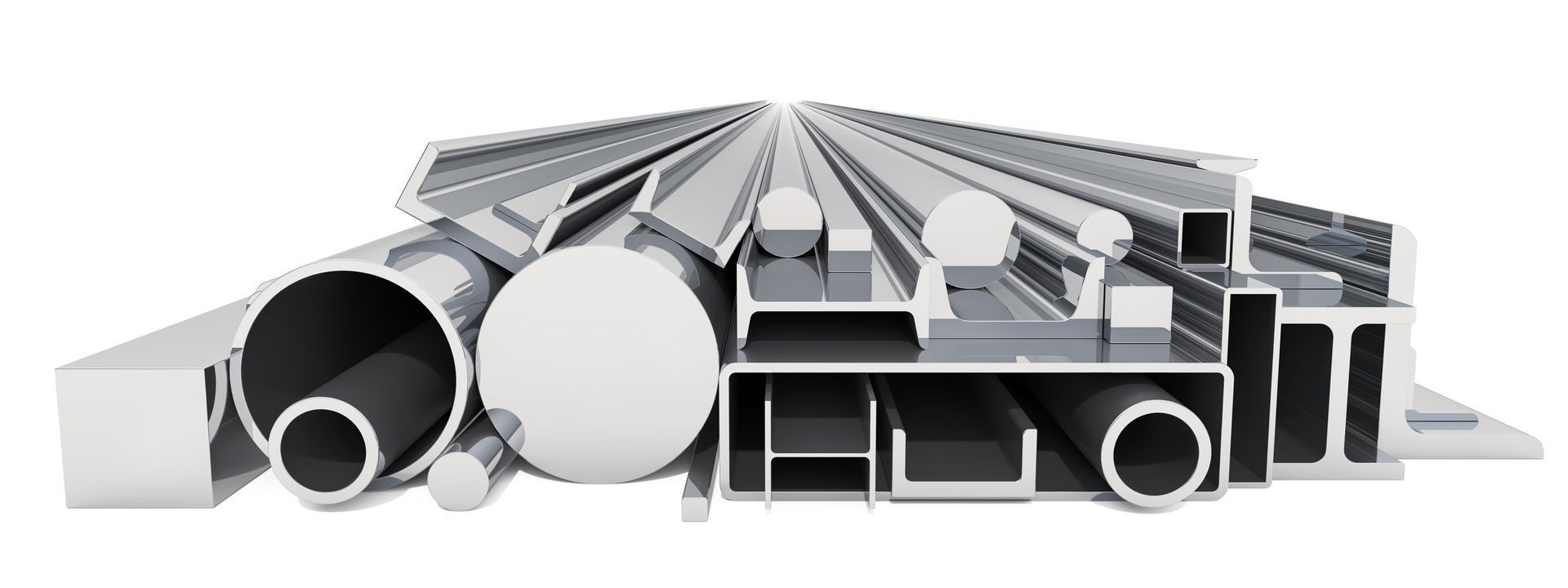Contact info
2030 Will Ross Court, Chamblee, GA 30341
404-334-7064
quotes@zyci.com
Will Artificial Intelligence Benefit the Manufacturing Industry?
Mitch Free • Nov 22, 2023
AI STANDS HAVE A MAJOR IMPACT ON MANUFACTURING QUALITY AND EFFICIENCY
Artificial Intelligence (AI) can significantly benefit the manufacturing industry in various ways, transforming how factories operate and products are made. Here are some of the key benefits:
- Increased Efficiency and Productivity: AI systems can optimize production schedules, supply chains, and equipment maintenance. This can lead to faster production times and higher output with the same resources.
- Predictive Maintenance: AI can analyze data from machinery to predict when maintenance is needed, preventing breakdowns and reducing downtime. This proactive approach to maintenance keeps the production line running smoothly and extends the lifespan of equipment.
- Quality Control: AI-driven visual inspection systems can detect defects or quality issues more accurately and consistently than humans. This improves the overall quality of products and reduces waste and rework.
- Supply Chain Optimization: AI can help in forecasting demand, managing inventory, and optimizing logistics. It can analyze complex patterns and trends to make supply chains more responsive and efficient.
- Energy Efficiency: AI systems can optimize energy use in manufacturing processes, reducing costs and environmental impact. This is particularly important in energy-intensive industries.
- Customization and Personalization: AI enables more flexible manufacturing processes that can easily adapt to produce customized or personalized products without significant downtime or retooling.
- Worker Safety and Ergonomics: AI can enhance worker safety by monitoring the work environment and identifying potential hazards. It can also assist in designing more ergonomic workstations.
- Data Analysis and Decision Making: AI can process and analyze vast amounts of data from various sources, providing valuable insights for decision-making. This data-driven approach can lead to more informed and effective strategies.
- Robotics and Automation: AI-driven robots can perform repetitive, dangerous, or intricate tasks with high precision, freeing human workers to focus on more complex and creative tasks.
- Reduced Operational Costs: By optimizing various processes, AI can help in reducing waste, improving yield, and ultimately lowering operational costs.
- Innovation and New Opportunities: AI can assist in product design and development, leading to innovative products and opening up new market opportunities.
- Training and Skill Development: AI can be used for training purposes, using simulations and virtual environments to enhance the skills of the workforce.
In summary, AI in manufacturing can lead to more efficient, flexible, and cost-effective production processes while improving product quality and safety. This technological integration positions the industry to be more adaptive, sustainable, and competitive in a rapidly evolving global market.


